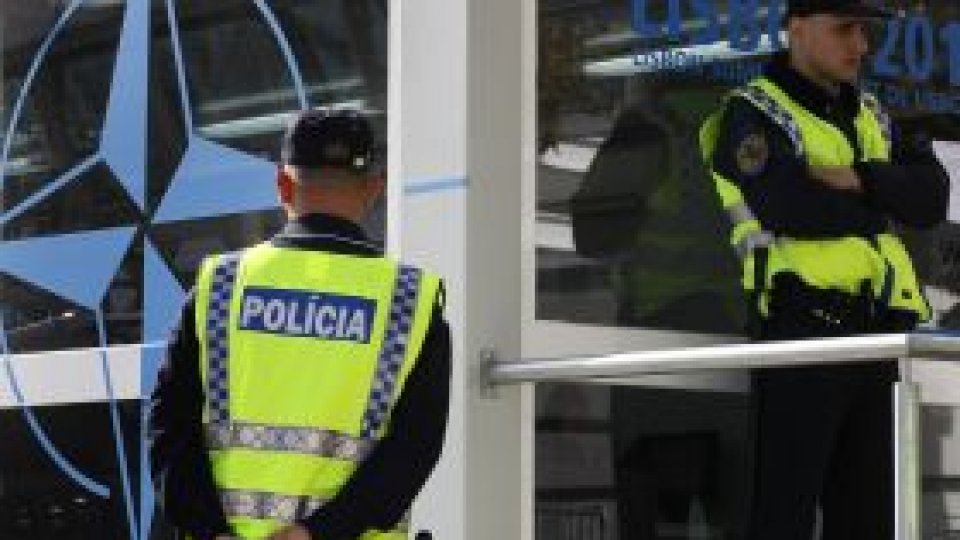The NATO Summit in Lisbon
Unlike the festive enthusiasm displayed at the 1997 and 2002 summits with NATO’s eastward expansion, this year’s NATO summit was met with more reserve.

19 Noiembrie 2010, 16:13
This is largely due, in part, to the ever more frequent miscommunications between countries on the two shores of the Atlantic, largely triggered by diverging political strategies promoted by the US and some West Europeans respectively.
On the other hand, the global financial crisis prompted member states to cut down their defense budgets too deeply, if not abandon some promising NATO missions altogether. One major example is that of the head of the Portuguese intelligence services, who resigned ahead of the Lisbon summit, because of a series of significant budget cuts to be made in 2011.
He stepped down just as the Alliance was to adopt a new “strategic concept” for the next decade. In turn, president Traian Basescu said Romania would no longer be able to ensure the security of its airspace due to the country’s failure to replace its Soviet-built MiG-21 fighters with new multipurpose aircraft. The service life of the mainstay of the Romanian Air Force is thus bound to expire in 2013.
Initially approved by Romania’s Higher Defense Council, the plan to purchase 24 US F-16 Falcon jets was bluntly cancelled by Finance Minister Gheorghe Ialomiteanu, who said Romania simply does not have the financial resources to allow such acquisitions.
In another move, Romanians are directly concerned with the most ardent topic of the summit, namely the decision to enhance NATO with an anti-missile defense shield, to protect the European countries which are members of the alliance. Initiated by the United States, the project already includes Romania on the list of countries virtually hosting shield components.
The NATO summit in Lisbon will decide on the locations of the shield under the protection of the Alliance as well as on linking up the anti-missile systems of NATO and Russia.
Decidedly pro-American and more often than not reluctant towards Moscow’s siren songs, the Romanian mass media expressed its restlessness with the recent security developments, which might weaken the American influence on the continent to the benefit of Russia.
The daily paper ADEVARUL carries an interview with the US ambassador to Bucharest, Mark Gitenstein, who defined Romania as “a vital partner in both bilateral and multilateral aspects of the Transatlantic agreement.”
The daily paper ROMANIA LIBERA does not refrain from writing that “strengthening the Alliance with the US remains Romania’s best option, given the decreasing probability that NATO should still be able to guarantee the security of the European countries.”














